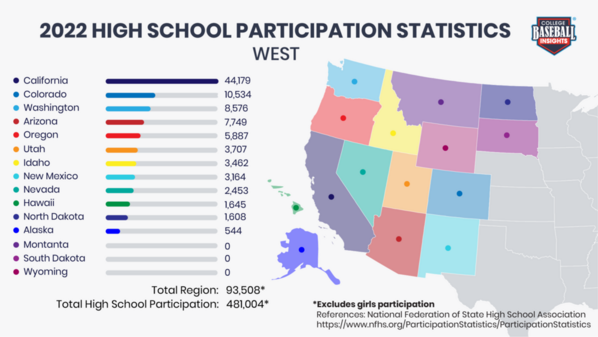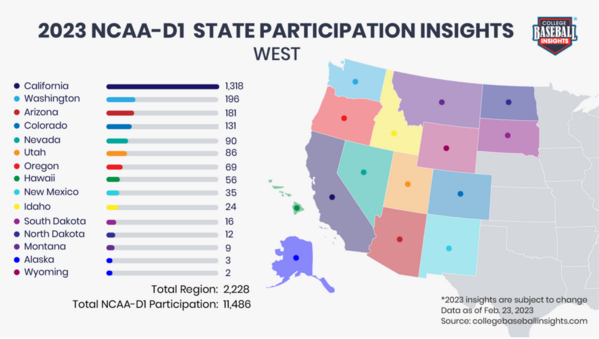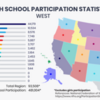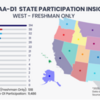My son was recruited to play for some top privates (academically and athletically). The gifted program at his high school was just as strong academically as these privates. His high school was slowly transitioning from being an athletic dumpster fire to competitive. As the football coach once joked to me, “It’s challenging recruiting off the mean streets of the country clubs” (four in the district). My son saw a trend and decided to stay.
The privates recruited and were so stacked in talent almost no one started before junior year. Those who started earlier usually ended up professionals. The high school baseball program was still in dumpster fire mode.
A new coach came in. He had been the top assistant at a powerhouse public school program. He convinced the reasonably talented middle school kids not to leave the district. From my son’s high school junior year roster twelve kids went on to college ball at some level.
The only reason my son didn’t start varsity freshman year is the coach didn’t believe in freshman playing varsity. The team went 6-16.
After twenty years of losing the next three years the high school team came in second and won the conference twice. They were in first his first season until two pitchers got in a car accident.
College recruiting was done off his national schedule 17u travel team he played for two years. At the high school he got to stay with all his local buddies he grew up with in multiple sports. He got to be hassled as he entered high school, “Are you as smart and athletic as your older sister?” He just smiled and responded, “More talented in every way.” She set a high bar for him.






